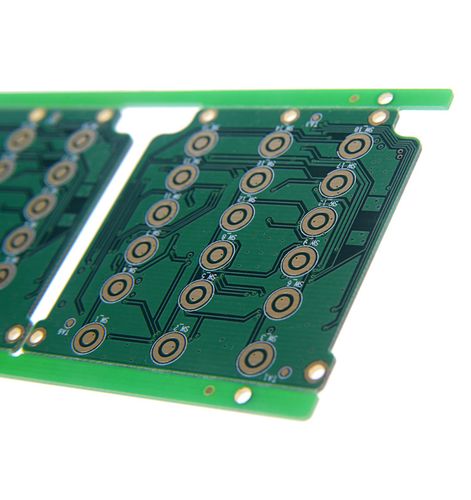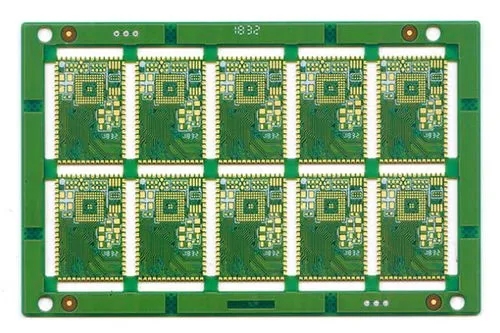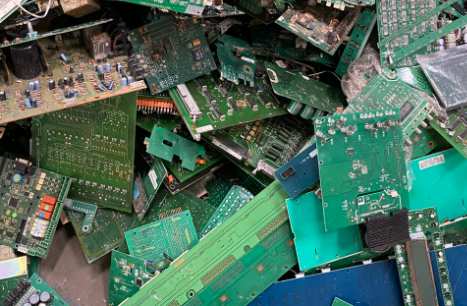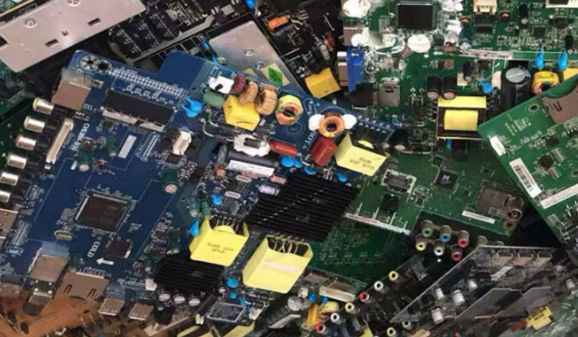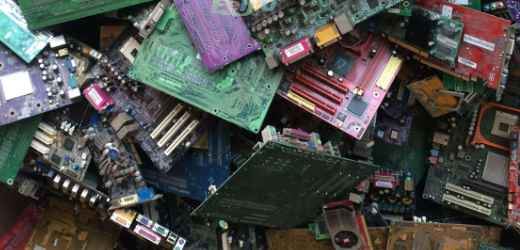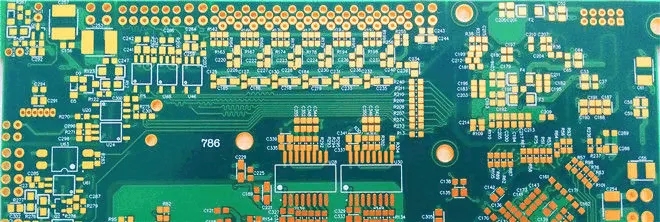
Electrostatic protection and AOI and SPI during PCBA processing
In the process of PCBA processing, electrostatic protection is very important. In the process of PCBA processing and production, good electrostatic protection can effectively protect electronic components and ensure the quality of the patch. So how to take good electrostatic protection measures in the process of PCBA processing and production, and what are the precautions in the electrostatic protection, we will explain below.
1、 Why does PCBA processing need static electricity protection?
There are precision electronic components on the PCBA board, many of which are sensitive to voltage. Impulse higher than rated voltage will damage these components.
The PCBA boards damaged by static electricity are difficult to be checked step by step during the function test. What is more fatal is that some PCBA boards function normally during the test, but when the finished products are used in the hands of customers, there are occasional defects, which bring great hidden dangers to after-sales service and affect the company's brand and reputation. Therefore, ESD electrostatic protection must be attached great importance during PCBA processing.
2、 How to do a good job of electrostatic protection measures in PCBA processing
(1) Operators must wear electrostatic work clothes. It is forbidden to attach or wear any metal products on the work clothes. It is not allowed to take off the work clothes at the site where electrostatic sensitive products are operated. All buttons of the work clothes must be buttoned up to avoid undressing.

(2) Wear an anti-static wrist, and the wrist strap is in good contact with the skin and reliably grounded. It is not allowed to stack plastic boxes, rubber, cardboard, glass and other sundries that are easy to generate static electricity on the electrostatic safety workbench.
(3) All components must be operated on the electrostatic safety workbench. All components entering the anti-static work area must be treated according to anti-static requirements.
(4) Electrostatic sensitive elements falling on the floor during operation must be tested and reconfirmed before use. Articles that cannot be tested directly can only be released after being confirmed as qualified.
(5) When holding the sensitive element, avoid contacting its lead and lug. Keep the motherboard away from the area of electrostatic sensitive components. When some components need to be cleaned, anti-static brush should be used instead of plastic brush.
The Role of AOI and SPI in SMT Processing
SMT (Surface Mount Technology) is the most popular technology and process in the electronic assembly industry.
AOI is the abbreviation of Automatic Organic Inspection, also known as Automatic Optical Inspection. It uses high-speed and accurate visual processing technology to detect various wrong installation and welding defects on PCB.
SPI is the abbreviation of Solder Paste Inspection, also known as solder paste inspection. It is the quality inspection, verification and control of solder paste in the printing process.
The Role of AOI and SPI in SMT Processing
1. Quality control: cover some defects that cannot be detected manually, including (original offset, element lack of tin, solder joint short circuit, element reverse, element wrong installation, element deformation, element missing installation, and element erection)
2. Process control: generate statistical charts in real time, and feed back the fault type, frequency and other information to the production department in real time, so that the production department can find problems in the production process and correct them in time. As soon as possible to minimize the loss of time and materials.
3. Process parameters and other verifications: For a new special processing veneer, from printing process parameters to reflow welding process parameters, careful adjustment is required. Whether these parameters are set reasonably depends on the welding quality, and this process can only be realized after many tests. AOI provides an effective means to verify test results.
SPI is used for quality inspection of solder printing and verification and control of printing process after printing machine. SPI plays an important role in the whole SMT. AOI is divided into two types: furnace front and furnace rear. The former detects device mounting, and the latter detects solder joints.
They have different functions. SPI detects solder paste printing, AOI checks the stability of cracked parts in front of the furnace, and checks the welding quality after the furnace.
PCB manufacturers, PCB designers and PCBA manufacturers will explain the electrostatic protection, AOI and SPI during PCBA processing.


